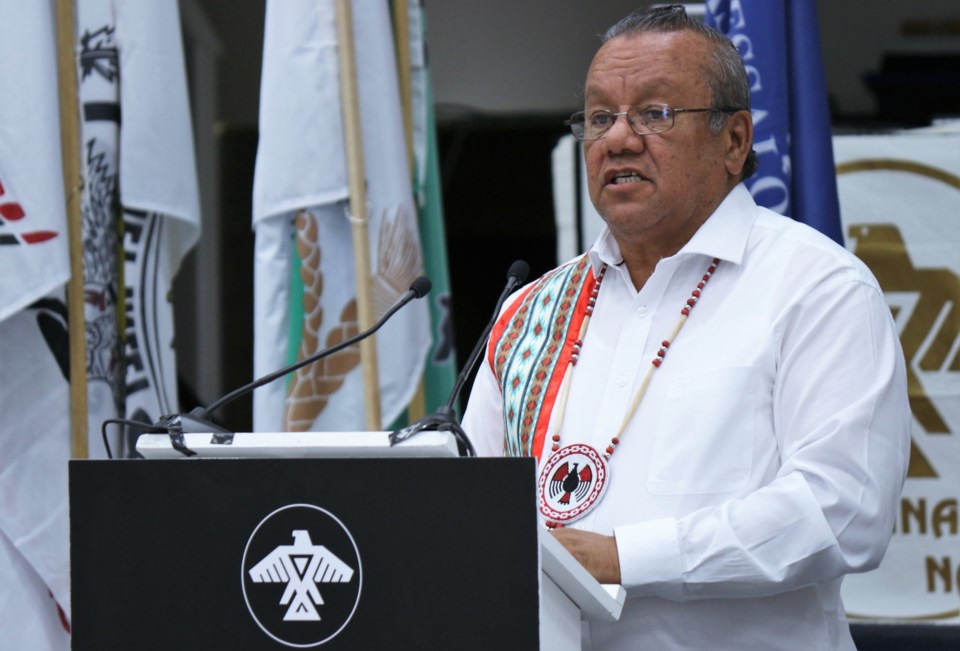Hundreds of thousands of people may now be eligible for Indian status after Parliament eliminated long-standing gender-based discrimination with the remaining provisions of Bill S-3 coming into force.
They will be entitled to a range of benefits, rights, programs and services offered by the federal, provincial or territorial governments.
Canada has updated the Indian Registration System to female descendants born before April 17, 1985, who lost their status or who were removed from “band” lists due to marriages to non-status men dating back to 1869.
See: First Nations women finally to be treated equally under Indian Act: Bennett
“The discrimination that women and their children have experienced has been so harmful, and in many cases, created deep-rooted divisions, separating families and communities," stated Anishinabek Nation Grand Council Chief Glen Hare in a news release yesterday (Wednesday).
"Almost 150 years later, the assimilation machine has been somewhat righted.”
In 1876, the Parliament of Canada passed the Indian Act, which gave the federal government control over registered First Nations people, bands and the reserve system.
In the past, provisions within the Indian Act explicitly favoured paternal lineage, which meant that status women who married non-status men would lose their status, whereas men who married non-status women retained their status and passed status onto their wives and children. In eliminating gender-based discrimination from the Indian Act, First Nations women and their descendants who lost their status will have access to post-secondary education funding, non-insured health benefits, legislated rights, and treaty rights.
“Our leadership works tirelessly towards determining our own citizenship to ensure that our families are connected to their language, culture, ceremonies-everything that determines their identity and sense of belonging,” explained Hare.
The action could result in between 270,000 and 450,000 being newly entitled under the Indian Act over the next decade says the government.
When a modern registry was created in 1951, registries from individual Indian Act bands were merely folded into the modern registry so the women who lost their status were not contained within it, said Indigenous Relations Minister Carolyn Bennett.
The Anishinabek Nation is a political advocate for 40 member First Nations across Ontario, representing approximately 65,000 citizens.



